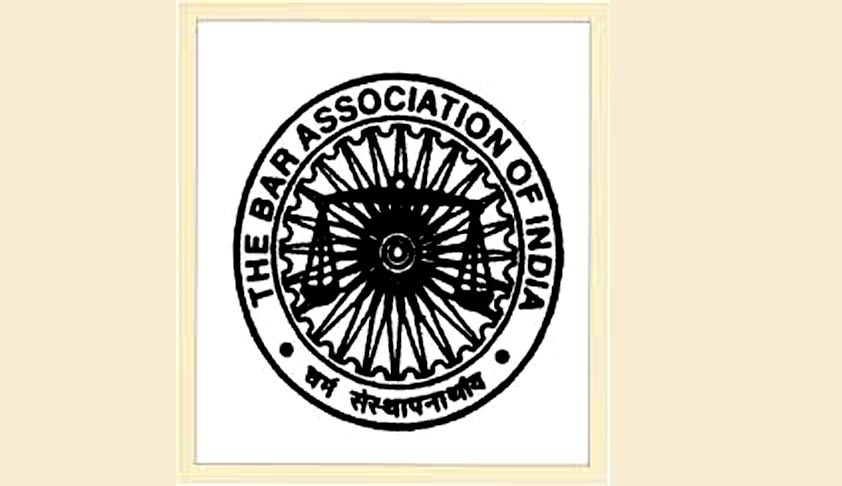Senior members of the Bar express concern over Judicial Appointments Commission Bill, 2013
Prashant Padmanabhan
29 Jan 2014 8:33 AM IST

Next Story
29 Jan 2014 8:33 AM IST
In a discussion organized by the Bar Association of India, the senior members of the bar, unanimously expressed their concern about the 64th Report of the Parliamentary Standing Committee on the Judicial Appointments Commission Bill, 2013.Mr.Anil Divan, Senior Advocate and President of the Bar Association of India, was critical of the hurried manner in which two important bills relating...
